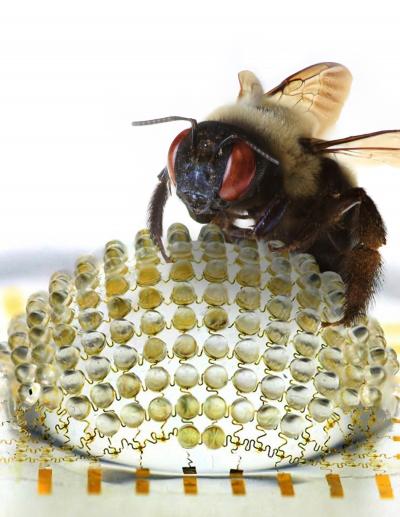Robot Gaze Aversion
Humans relate better to robots that avert their eyes at well-chosen moments.



Researchers are testing different interactive strategies for a robot toy box that encourages kids to clean up.
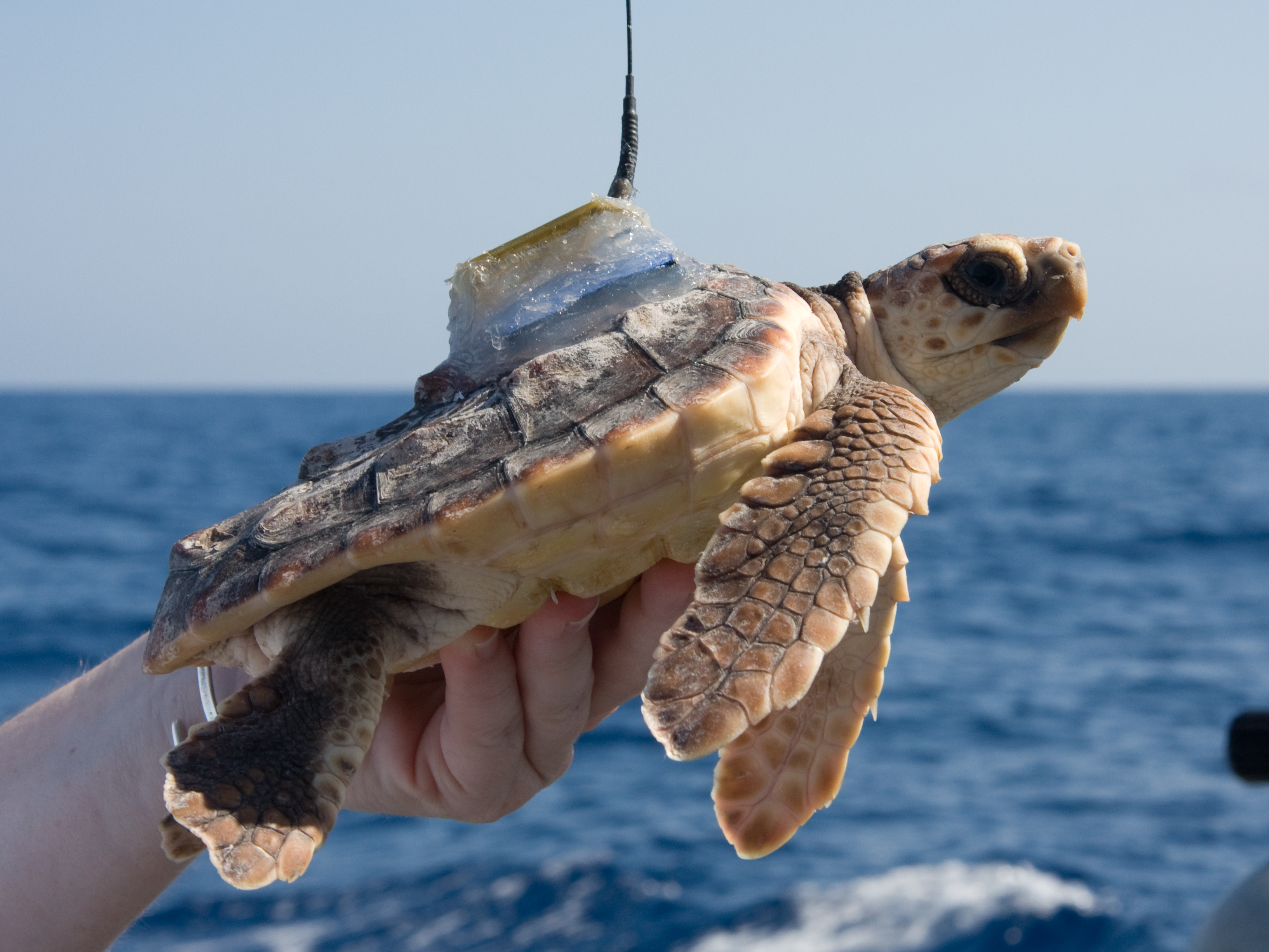
Scientists are using satellites to track the mysterious migrations of young sea turtles.




If metal isn’t supposed to go in microwave ovens, why do some of them have metal racks?

Scientists have overcome a major challenge in the commercial production of biofuel.
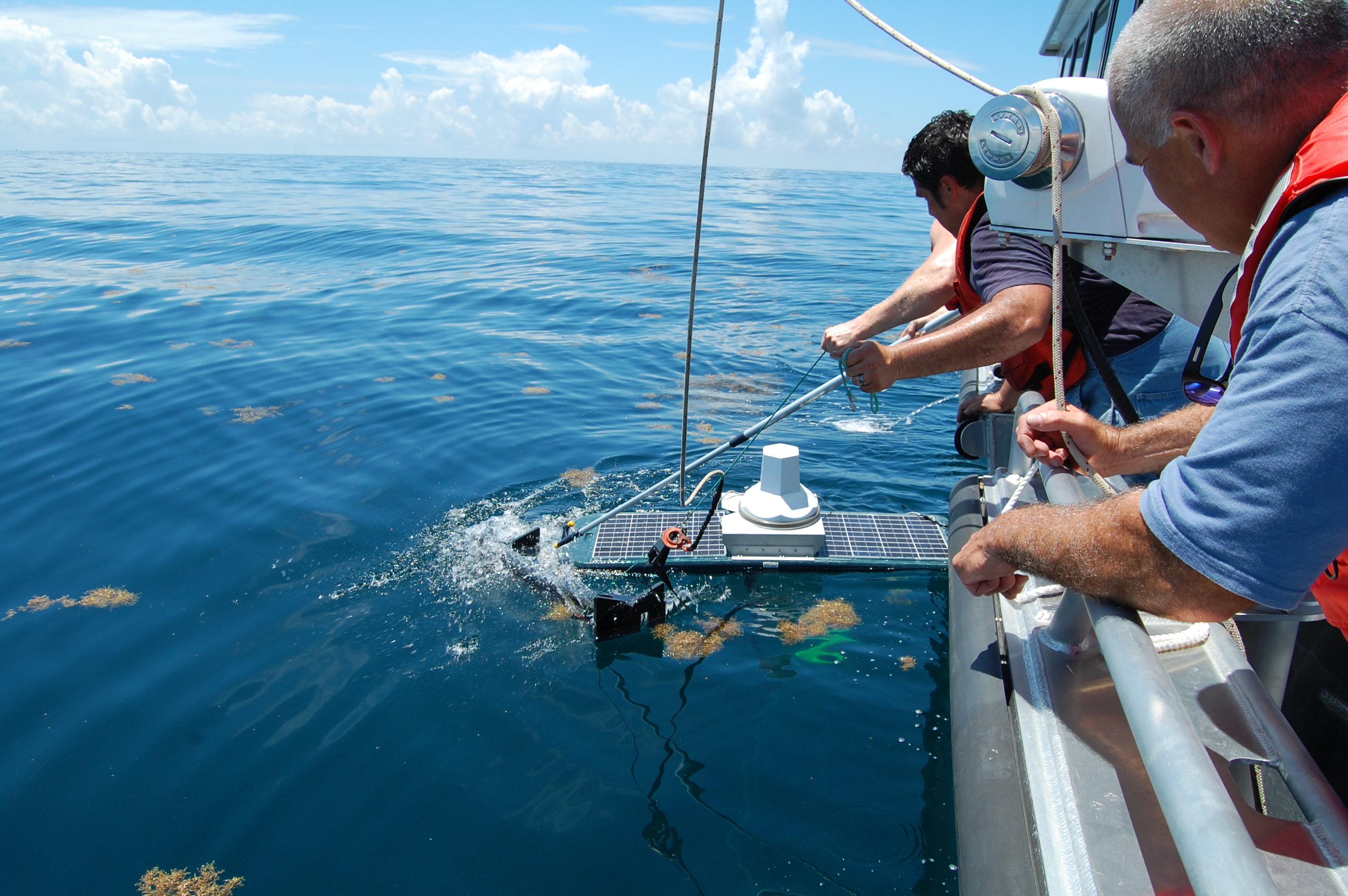
Engineers are developing “whale detectors” to help ships avoid striking them.
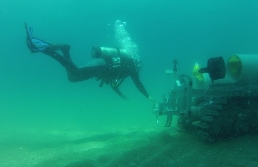
OCEAN SCIENCE - Old warships become new habitats. An ocean quadcopter gives researchers a sky-high view of the stormy North Atlantic. And, autonomous underwater vehicles that search for sunken treasure. Also, behind the untimely death of the octopus.

A tiny but rugged unmanned helicopter helps researchers collect data in the stormy North Atlantic.
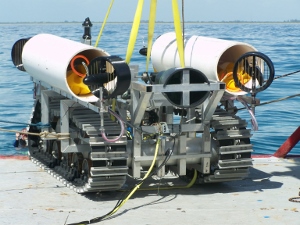
Researchers have designed an underwater vehicle to search for shipwrecked vessels filled with treasure off the coast of Florida.


INSECTS & SPIDERS - Could spider venom be the next insecticide? Why mosquitoes smell you better at night. And debunking the myth of extracting dinosaur DNA from insects preserved in amber. Also, insect legs that bear an uncanny resemblance to modern machinery.

Some insects' legs have gears that look and function like the classic man-made invention.

The highly efficient lungs of birds are inspiring climate-friendly carbon-capturing filters.


If metal isn't supposed to go in microwave ovens, why do some of them have metal racks?
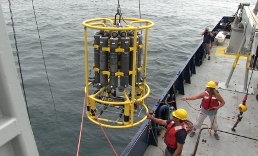
OCEAN LIFE - Scientists test a 3-D underwater microscope. How oxygen led to the rise of ocean carnivores. And why some fish are going back to school. Also, can computers be funny?

Researchers are developing nano-sized batteries to power medical devices and miniature robots.

VISION SCIENCE - A camera modeled after the compound eyes of insects. How the brain compensates for worsening color vision as we age. And, could electrical simulation to the brain improve math performance? Also: Young people are still flocking to tanning booths, despite the risk of developing life-threatening melanoma.
